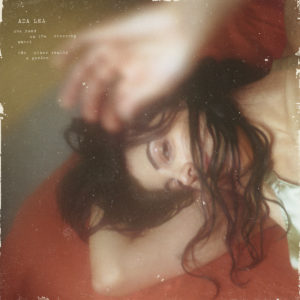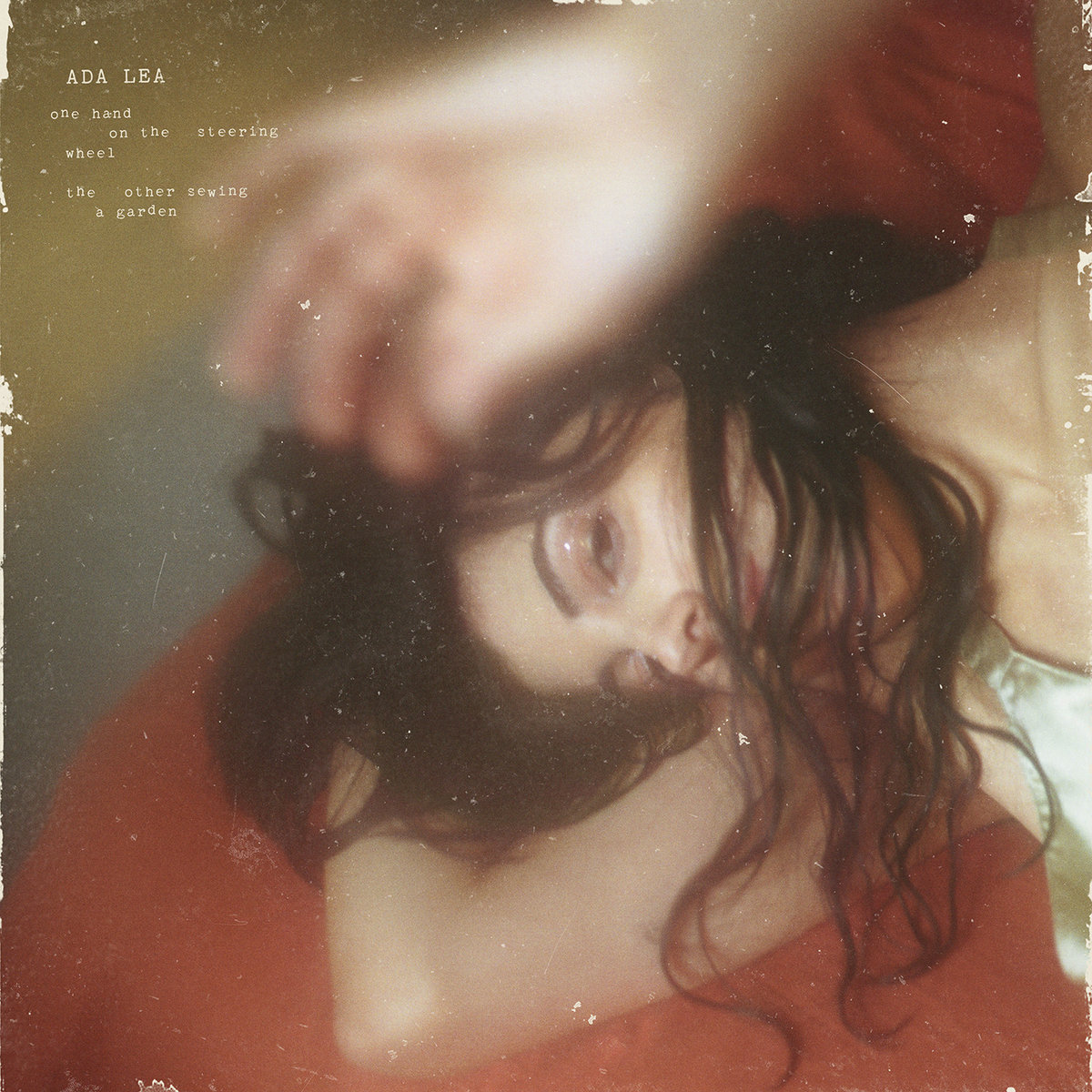 Ada Lea
Ada Lea
one hand on the steering wheel the other sewing a garden
SADDLE CREEK
8/10
The title of Montreal singer-songwriter Ada Lea’s latest record, one hand on the steering wheel the other sewing a garden, describes an artist of fractured attention, half driving and half nurturing, control and support. But while Lea retains an eye toward contradiction, this is a work of precision above all else. This second record comes with its share of bells and whistles—a map of Montreal tracking where each song takes place; each track’s designated season, starting in a snowy Canadian winter and ending in a downcast autumn—but all of this is ancillary and ultimately meaningless without the songs, which create a world of their own with remarkable efficiency.
“Hushed,” “warm,” and “intimate” are all words that describe a lot of music at the moment, but it’s Lea’s mastery of focus and scope that makes her songs stand shoulder to shoulder with some of the best. From the first line of the record’s opener “damn” (“The year started at the back of a train of thought / Facing the elevator in an awkward way”) Lea plays with time with incredible dexterity, stretching moments into years before snapping them back into seemingly inconsequential specks of banality. Nowhere is this more expertly done than on “oranges,” a song that sticks out for its sheer verbosity alone. Atop a languorous instrumental waddle, Lea unspools her requiem for Mary, a woman we learn little about from a narrative standpoint, but see clearly all the same. It’s the late-night, wine-soaked conversations, the sun touching Mary’s side of the bed, the way it all just pours from Lea’s brain in verses like warm water from the spout. The quiet intimacy of music like Lea’s can just as easily feel minute as poignant, but when it’s this well-observed, the camera is in perfect focus.
This isn’t some genre-busting sonic exploration, but I’d be remiss if I didn’t mention just how well the arrangement and production serve to keep things refreshingly varied. Recorded in Los Angeles with Marshall Vore (known for working with the similarly styled Phoebe Bridgers), Lea gives each song its own sonic identity, taking what could become monotony and creating anything but. An early-record standout, “can’t stop me from dying” is not grand in any sense, but its woozy, piercing thrust—think two cold brews into a hangover—make it positively vast next to the twilight yearning which surrounds it. The changes are subtle, but it’s enough to keep the haunted “vibiness” that hinders so much folk-pop music at arms length.
That is to say it keeps your attention from straying from what’s truly important: Lea’s consistently stunning songwriting and lyricism. This is a record that will continue to reward you as you hone in on each essential detail, a triumph in minutiae with a focus that rarely wavers. The only thing more absorbing than the stories she tells is the prospect of the compelling career this album will hopefully launch.







